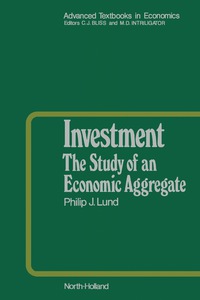Question
Suppose Goodyear Tire and Rubber Company has an equity cost of capital of 8.4% a debt cost of capital of 6.9%, a marginal corporate tax
Suppose Goodyear Tire and Rubber Company has an equity cost of capital of 8.4% a debt cost of capital of 6.9%, a marginal corporate tax rate of 35%, and a debt-equity ratio of 2.3. Assume that Goodyear maintains a constant debt-equity ratio.
a. What is Goodyear's WACC?
b. What is Goodyear's unlevered cost of capital?
c. Explain, intuitively, why Goodyear's unlevered cost of capital is less than its equity cost of capital and higher than its WACC.
A) The equity cost of capital exceeds the unlevered cost of capital because leverage makes the equity risk less than the overall risk of the firm. The WACC is less than the unlevered cost of capital because the WACC excludes the benefit of the interest tax shield.
B. The equity cost of capital exceeds the unlevered cost of capital because leverage makes the equity risk greater than the overall risk of firm. The WACC is less than the unlevered cost of capital because the WACC includes the benefit of the interest tax shield.
C. The equity cost of capital exceeds the unlevered cost of capital because leverage makes the equity risk less than the overall risk of the firm. The WACC is less than the unlevered cost of capital because the WACC includes the benefit of the interest tax shield.
D. The equity cost of capital exceeds the unlevered cost of capital because leverage makes the equity risk greater than the overall risk of the firm. The WACC is less than the unlevered cost of capital because the WACC excludes the benefit of the interest tax shield.
Step by Step Solution
There are 3 Steps involved in it
Step: 1

Get Instant Access to Expert-Tailored Solutions
See step-by-step solutions with expert insights and AI powered tools for academic success
Step: 2

Step: 3

Ace Your Homework with AI
Get the answers you need in no time with our AI-driven, step-by-step assistance
Get Started


